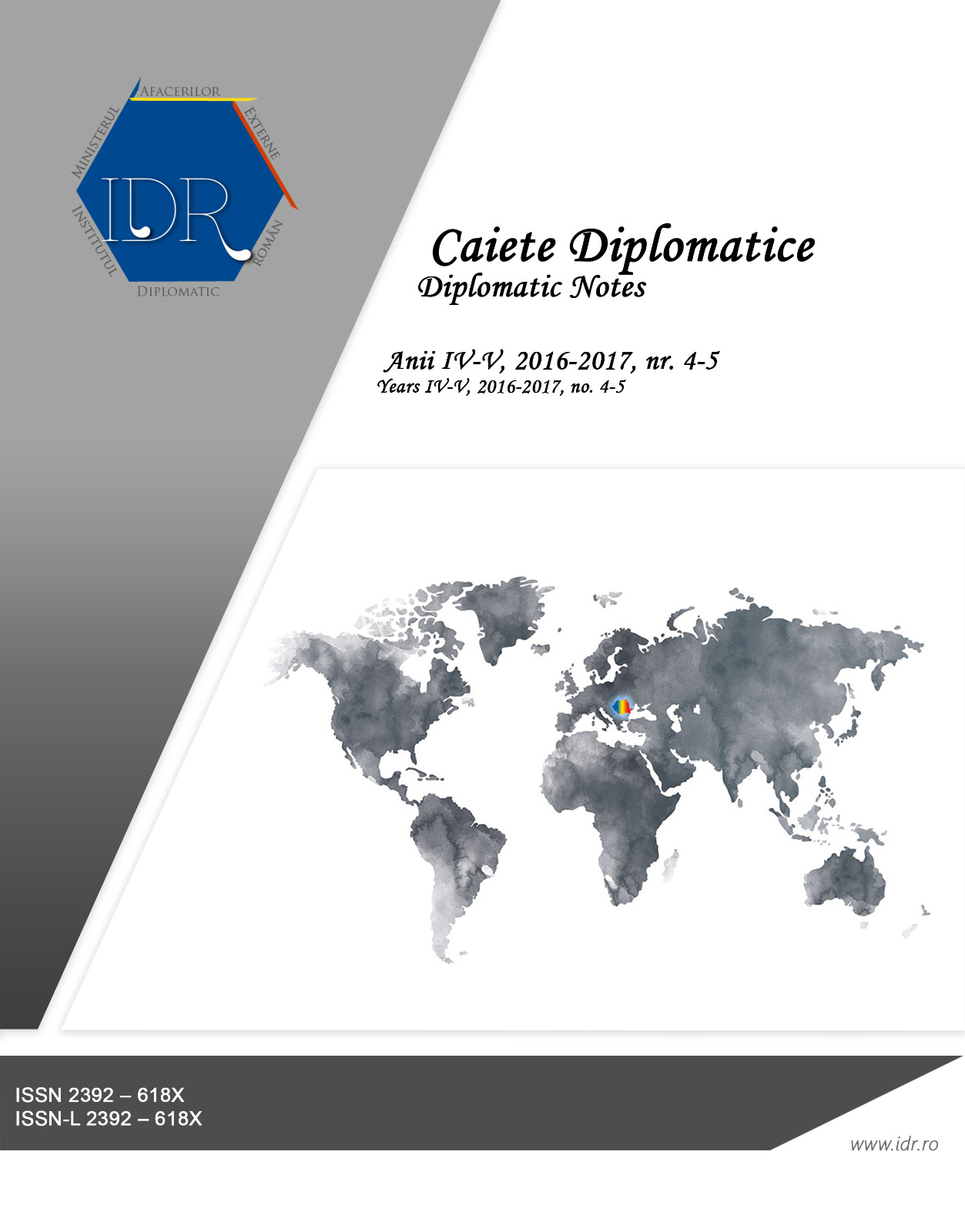De la principii la pragmatism. Relațiile culturale româno-italiene și redeschiderea Accademia di Romania
From Principles to Pragmatism. Romanian-Italian Cultural Relations and the reopening of the Accademia di Romania
Author(s): Ovidiu BozganSubject(s): History, Diplomatic history, Recent History (1900 till today)
Published by: Institutul Diplomatic Român
Keywords: Accademia di Romania;Alexandru Balaci;Amintore Fanfani;Corneliu Mănescu;Italy;cultural relations;Romania
Summary/Abstract: Italy was one of the Western countries with which Romania normalized its relations quite rapidly in the 1960s. Moreover, Italy was among the advanced “capitalist” states that became Romania’s important commercial partners, and it also supplied Romania with technology and loans. Of course, for Italy, Romania was more of a secondary partner. Commercial relations and economic cooperation also led to noticeable improvement in political relations. Thus, visits from the Foreign Ministers of the two countries took place in 1966 and 1967 and, in January 1968, the president of the Romanian Council of Ministers, Ion Gheorghe Maurer, carried out an official visit to Italy. The development of cultural relations was determined by the same bilateral dynamics - although, in this case, there was also the difficult problem of cultural institutes, and the resolution of this issue was protracted by the communist government in Bucharest. Romania had established the Romanian School of Rome (later the Accademia di Romania) as early as 1920, and Italy had set up an Italian Cultural Institute in the interwar period. During the Cold War years, upon the initiative of Romanian Stalinists, the activity of the Italian Cultural Institute was prohibited, and the Italian side reacted by demanding that the Accademia cease its activity; the latter had actually stopped functioning de facto several years earlier, after a decision of the communist regime. The stakes were of an ideological nature, as the communist regime in Bucharest was terrorized by the thought that its subjects might have access to Western culture and ideas through foreign cultural institutes. In the context of the détente in East-West relations and of improved Romanian-Italian relations, the issue of cultural institutes was raised, once again, by the Italian side. In spite of resistance from the Romanian authorities, Italy managed to secure the reopening of the Italian Library in Bucharest - the resuscitation, to a degree, of the former Italian Cultural Institute – and, of course, accepted the reopening of the Romanian Library in Rome, which meant the partial revival of the Accademia di Romania. This paper addresses the motivation behind the Romanian authorities’ decision to accept these developments, and the organizational measures and objectives envisaged by the Romanian Library in Rome, inaugurated in 1969 and later called, once again, the Accademia di Romania.
Journal: Caiete Diplomatice
- Issue Year: 2017
- Issue No: 4-5
- Page Range: 52-71
- Page Count: 20
- Language: Romanian

